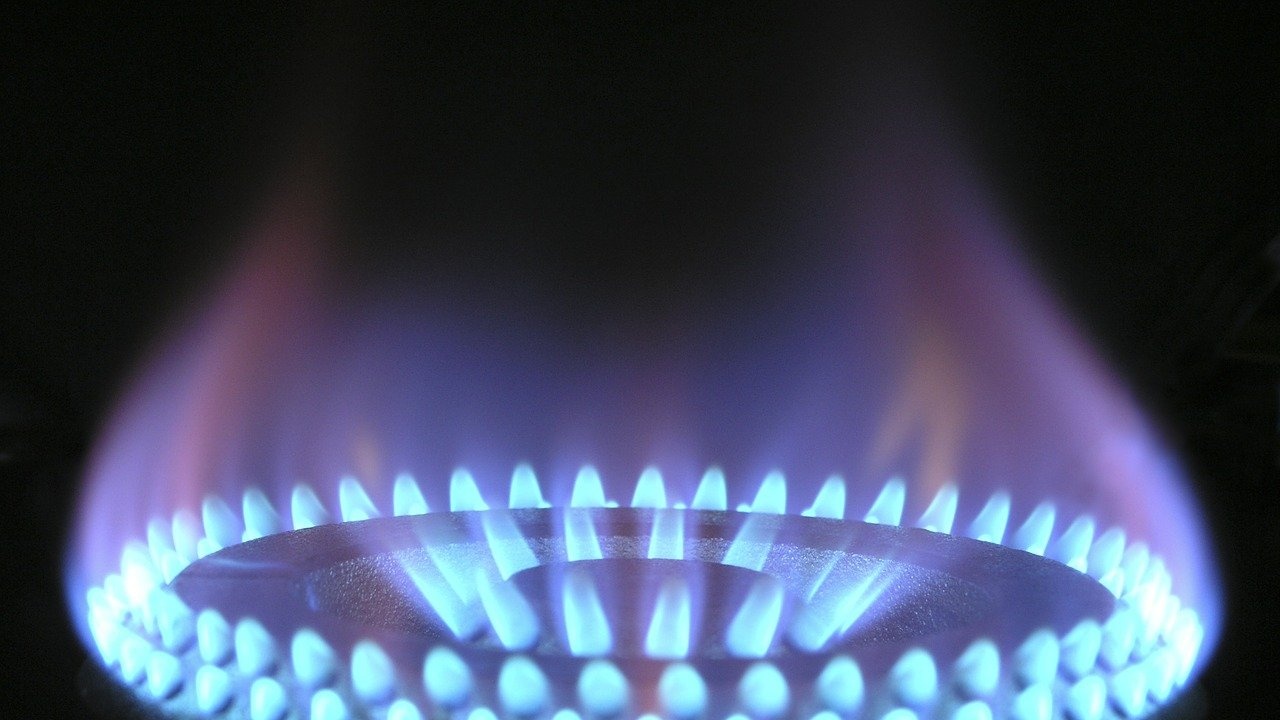Countries scrambling to supply more natural gas this year to replace supplies from Russia risk years of harmful emissions that could thwart climate goals, the research firm said on Thursday at the COP27 climate summit in Egypt. Climate Action Tracker alliance, reported Reuters.
Efforts to prevent catastrophic climate change have collided this year with a global energy crisis of scarce natural gas and rising fuel prices, as Russia sharply cut supplies of the blue fuel to Europe after its February 24 invasion of Ukraine.
"We're seeing a big push for expanded fossil gas LNG production and import capacity around the world – in Europe, Africa, North America, Asia and Australia, which could push global emissions past dangerous levels," Bill said. Hare, CEO of research institute Climate Analytics, which together with the NewClimate Institute forms the Climate Action Tracker (CAT).
By October this year, Russian gas supplies to Europe had fallen to just 7.5% of total European imports, down from a share of 40% in recent years.
The drive to replace those supplies has supported plans to expand fossil fuel infrastructure, although the European Union has proposed higher renewable energy targets to try to replace mostly Russian fuel with clean energy.
According to CAT, the planned projects could lead to the sequestration of 10% of the world's remaining carbon budget - the cumulative amount that could be sequestered if warming above 1.5 degrees Celsius were to be avoided.
Among the projects are new gas wells in Canada and liquefied natural gas (LNG) import capacity in Germany and Vietnam.
The UN climate report: We are doomed if we don't change
Under the 2015 Paris Agreement on climate change, countries agreed to try to stop greenhouse gases warming the planet to more than 1.5°C above pre-industrial levels.
Scientists said warming above 1.5°C would unleash far more severe climate impacts than the deadly wildfires, floods and rising sea levels already unfolding today.
Our planet is currently 1.2° warmer than pre-industrial levels.
The International Energy Agency (IEA) has said that no new oil and gas fields should be discovered if the world is to meet the goal of reaching the 1.5°C climate target.
For its part, the CAT estimated that countries' emission reduction targets this decade would put the world on track to warm by 2.4°C, versus 1.8°C in the best-case scenario where countries met all of their announced commitments , including the 2050 targets, which will require stricter climate policies and much greater investment to transition to green energy.
climate change
